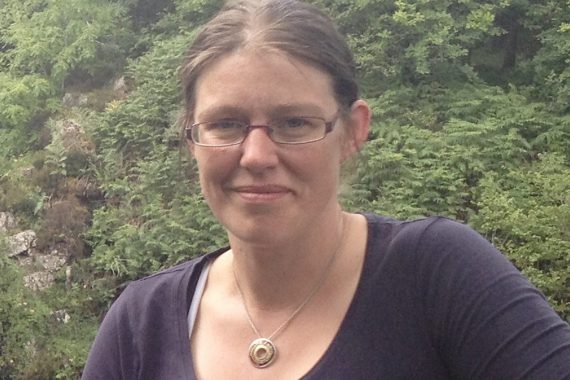It’s a typical Monday – only one GP on site, full surgeries, fielding messages and questions from the weekend and before. An experienced community nurse is rapping on the door asking to adjust the syringe-driver doses for a palliative patient nearing the end of his life. The family are waiting diligently by his bedside, some 10 miles (20 minutes drive on narrow, twisting roads) from the surgery. The DNACPR and ‘Nurse verification of death’ forms are in place, as per trust and national (Scottish) guidelines. All is happening as it should – calm, peaceful, dignified.
We need to respect, trust and support each other as colleagues
Just before the second patient of the afternoon is called in the community nurse is on the phone. He had died, family all around him as he and they had wanted, peacefully and painfree. Only, the nurse was not there to witness his last breaths, and so, due to some quirk of the local trust rules, she cannot verify the death. Yet, having gone through all the training, with all her experience, and the family witness to it all, she cannot be trusted to diagnose death because she did not see it happen! So the choice I now face is – do I abandon a full surgery, still with another three hours of appointments booked, or do I make the grieving family wait another three and a half hours to tell them what they already know before the undertakers can perform their duty? All because of a nonsensical rule imposed on trusted colleagues. With the agreement of all, I finished the surgery, and made the hour’s round trip at the end of my day. I’m glad I did, as I got to see all the family, and got to say my goodbyes to someone I had grown fond of. But why put them through that?
This was a poignant reminder of recurrent news and journal articles about nurses being sanctioned or struck-off the register by the NMC for not starting CPR on clearly dead elderly care home residents, because they are not qualified to diagnose death. How often have we all, as junior doctors, senior doctors, in hospital and in the community, been called on by a nurse or paramedic to legally verify when someone has clearly died? All because someone in their superior wisdom deems them incapable? This seems to me as logical as first doses of IV medications only being administered by doctors in case of an allergic reaction. The PRHO (me) usually left the ward immediately after starting the hurriedly prepared infusion, leaving the patient to have a reaction during the second dose. Clinically wrong and totally illogical, yet a strangely accepted norm, ‘just the way it is’. Of course, that doesn’t happen any more (I hope) but there are plenty of non sequitur events happening throughout the NHS daily.
Nurses and paramedics are highly trained, often experienced clinicians, seeing people in their own environments. We and our patients rely on their skill, acumen and dedication, especially in these days of burgeoning workload and dwindling resources and time. So why do we turn a blind eye to the derogation of our valuable colleagues by their own professional councils?
If we want to rebuild a health service fit for purpose we need to respect, trust and support each other as colleagues. So why do we continue to abandon those that could help us in our hour of need?
Dr Cathy Welch is a GP on the Isle of Arran, Scotland

















